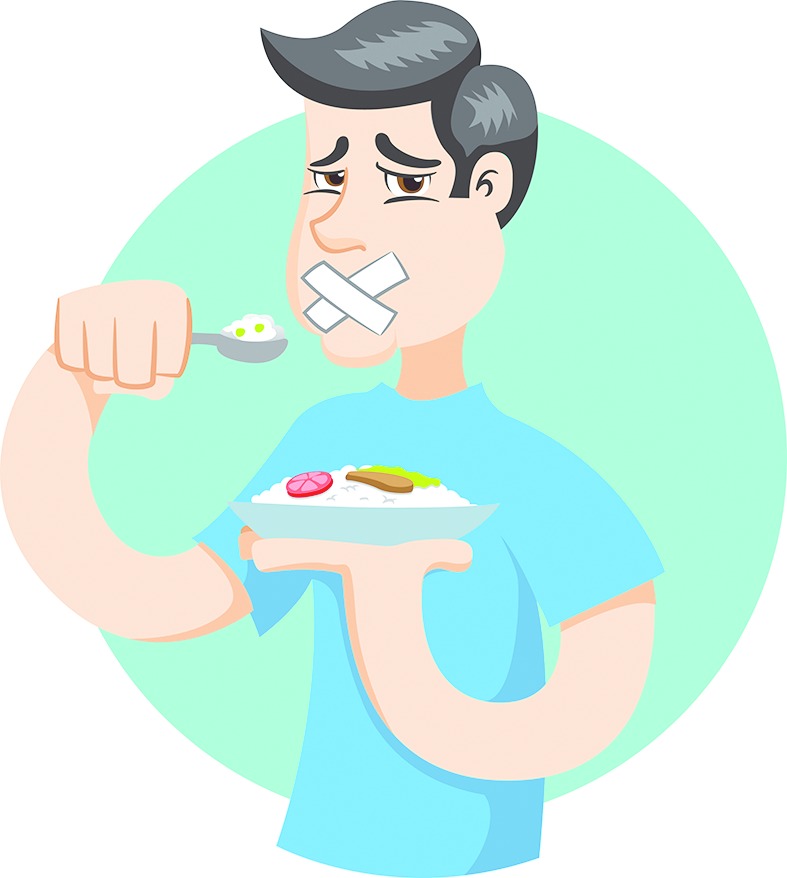Fasting is voluntary abstinence from either all food, or certain types of food or drink for a period of time. It is present in all cultures and religions. The fast may last for days at a time or for fixed periods during the day. It may or may not include abstaining from water.
All fasting is not religious. It may be political — to pressurise leaders into taking or reversing certain decisions. It is possible to “fast to death” — if there is no outside interference — like the freedom fighter Jatin Das did, or survive for as long as 116 days (world record) like Bhagat Singh. Such prolonged denial of food requires tremendous will power and motivation.
Medically, an eight to 12 hour fast is required before doing certain tests like estimating the “fasting” blood glucose level or evaluating the lipid profile. You have to fast before going under anaesthesia to prevent aspiration of food during surgery.
Fasting maybe part of holistic healing, to naturally “detoxify” the body. Toxins from food and the environment are stored in body fat. Fasting makes the body breakdown the fat for energy, theoretically ridding it of these toxins. There is no controlled scientific study to back this claim. The body is actually efficient at detoxifying itself through its natural cleansing organs — the liver, kidney and lymph nodes.
There is a theory that fasting for three days destroys the white blood cells (WBC). A whole new generation of WBCs is released when the fast is over, boosting the body’s immunity. Again, this is not proven.

Children, pregnant or lactating women and those with diabetes or on medication for other diseases should not go on a fast.
Once you have decided to go on a fast, remember:
• You may feel weak and have trouble concentrating on work, driving and other activities so pick a time when you do not have to do these things.
• Drink plenty of water, preferably with a pinch of salt.
• Do not exercise as you may feel lightheaded or even collapse.
• Breaking the fast with a liquid such as juice or butter milk. Later fruits and vegetables should be added to acclimatise your body to food once again. Starting with a heavy meal may produce abdominal pain and discomfort.
Dr Gita Mathai is a paediatrician with a family practice at Vellore. Questions on health issues may be emailed to her at yourhealthgm@yahoo.co.in










